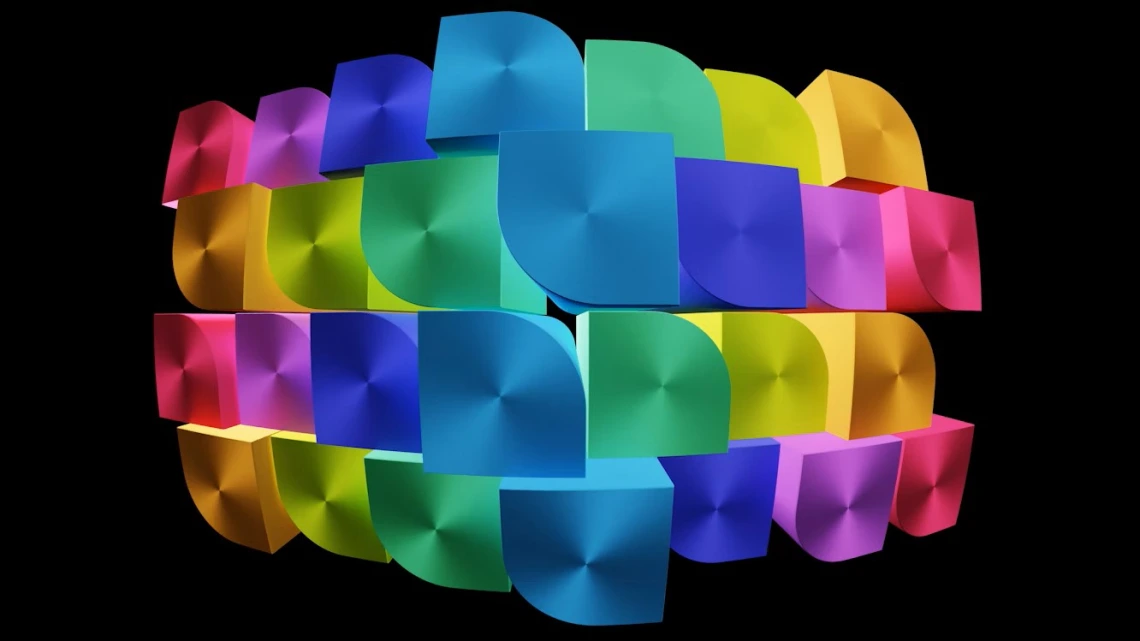Foundation Models to Autonomous Agents: From Neural Networks to Modern AI Systems

When
This session focuses on Recurrent Neural Networks (RNNs), designed to handle sequential data like text and time series. It will explain the concept of a hidden state that allows RNNs to have "memory," the challenges of training RNNs (vanishing/exploding gradients), and how variants like LSTMs (Long Short-Term Memory) and GRUs (Gated Recurrent Units) address these issues through gating mechanisms.
This comprehensive eight-session workshop guides participants through the evolution of machine learning, from foundational neural networks to cutting-edge AI architectures and their practical deployment. Designed for graduate students with basic machine learning knowledge, the series explores both theoretical foundations and hands-on implementation of transformative AI technologies.
The workshop begins with architectural fundamentals, covering Perceptrons, Neural Networks, Autoencoders, GANs, CNNs, and RNNs, before advancing to the Transformers and Diffusion Models that dominate contemporary AI (Vaswani et al., 2017; Ho et al., 2020). Participants will master the conceptual mechanisms and breakthrough innovations behind each architecture.
The series then moves to practical modern AI deployment, teaching participants how to run Large Language Models locally using tools like Ollama and LM Studio, and access open-source models through platforms like AI VERDE. Advanced applications include implementing Retrieval Augmented Generation (RAG) systems to enhance factual accuracy and reduce hallucinations (Lewis et al., 2020), tool calling mechanisms for external API integration, and text-to-SQL code generation.
The workshop culminates with agentic systems, where LLMs perform multi-step reasoning, planning, and task execution.
Throughout the series, real-world applications spanning drug discovery, medical imaging, climate science, robotics, and creative arts demonstrate AI's broad impact. The workshop addresses ethical considerations and societal implications to foster responsible AI development. By emphasizing both theoretical understanding and practical implementation through popular open-source frameworks, participants will gain the skills to deploy, customize, and extend modern AI systems in their research domains.
